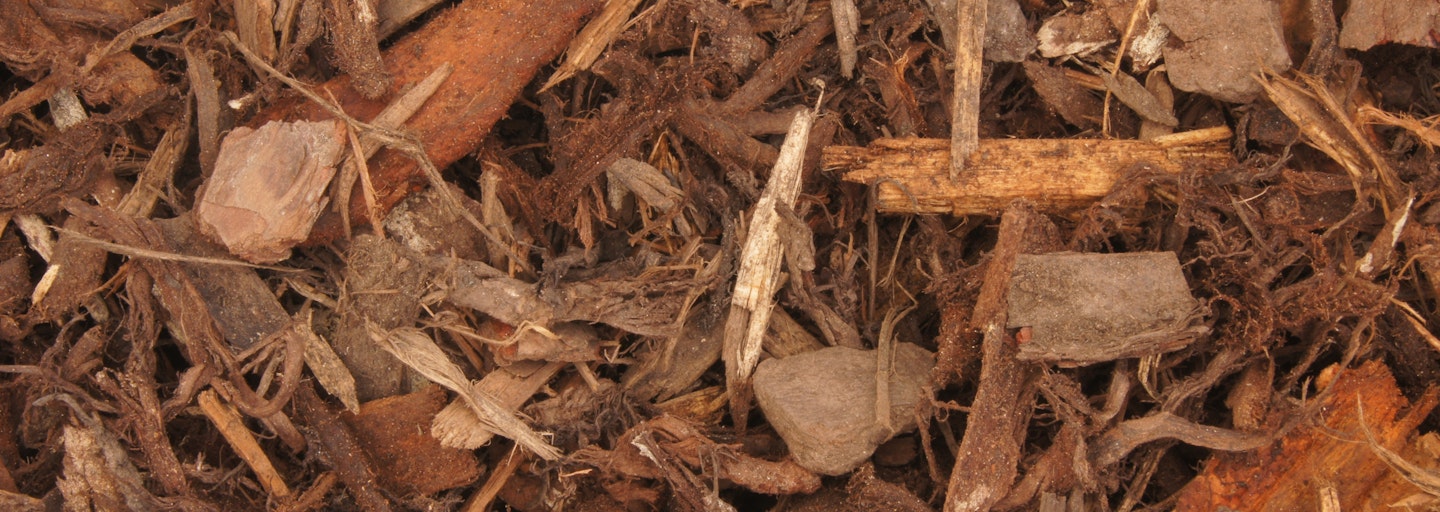Your Complete Guide To Mulch
There are numerous advantages available to commercial landscapers who choose to incorporate the application of mulch into their landscaping projects. One such benefit is the ability to achieve significant savings in both time and money on maintenance.
What is mulch?
Mulch is a layer of material, often organic, that is spread over the surface of soil. It can be made from a variety of materials. Mulch serves several purposes, including retaining soil moisture, suppressing weed growth, regulating soil temperature, and improving soil fertility as it decomposes. It can also help prevent soil erosion and provide habitat for beneficial insects and microorganisms.
Why use a mulch?
By using mulch in your landscaping projects, you can improve the overall health and beauty of the landscape, while reducing maintenance costs and promoting sustainability.
- 01
Prevents Soil Erosion
Mulch keeps existing water trapped in the soil. It also keeps rainwater from washing away your soil by breaking the water's fall and lessening the force when the water impacts the ground.
- 02
Maintains Soil Nutrients
When using organic mulch, it will release nutrients into the soil. This happens as the organic material slowly decomposes on top of the soil.
- 03
Controls Weeds
Mulch acts as a barrier. Weed seeds will germinate beneath mulch, but will be unable to reach sunlight to grow.
- 04
Retains Moisture
Mulch absorbs water to use over time but also because it is covering the soil it limits evaporation.
- 05
Keeps the soil loose
The organic matter in mulch stops the soil from packing down and creates many tiny spaces for air and water and a habitat for tiny soil organisms. This makes it easier for plants to get food from the soil and reduces the need for regular cultivation.
- 06
Looks Nice & Tidy
Gives your garden a finished look and is easy to care for, never competing with your other plants but complimenting them.
- 07
Encourages Earthworms to Move In
Using organic material for mulching can encourage earthworms to occupy your garden soil. Earthworms help improve soil structure and nutrient cycling. They burrow through your soil, digesting organic materials, creating tunnels for air and water to percolate through, and distribute their castings as rich ready fertiliser for your plants.
- 08
Raises soil temperature
Dark-coloured mulch will raise soil temperatures in Spring to enhance growth.
When to mulch
It is never too late to apply mulch. If the ground is dry, water the soil first before putting the mulch down. The ideal time to apply organic mulch to the soil is in spring and in autumn.
If the area suffers from severe winter conditions, you may want to mulch in autumn to protect your plants from damaging winds or frost. Re-apply it throughout the year if it starts to become too thin to keep the soil moist.
Where to apply mulch
Put mulch around any plants that will suffer during dry weather. Established shrubs may only seem to suffer during exceptionally dry years but they need regular mulching too.
Yearly mulching will mean they won't compete for water and food because there will be fewer weeds and water will remain in the soil for longer.
How thick to apply mulch
Spread mulch around plants taking care not to heap it up close to the stems. You don’t want to trap moisture against the stem of plants and cause them to rot.
Make the mulch at least 10 cm deep, pile it higher if you can because it will settle. 20cm is always better than 10 cm if you want your mulch to be really effective.
Related articles

Follow us
More from Azwood
Connect with us on social media to learn more and be the first to hear our latest industry updates

